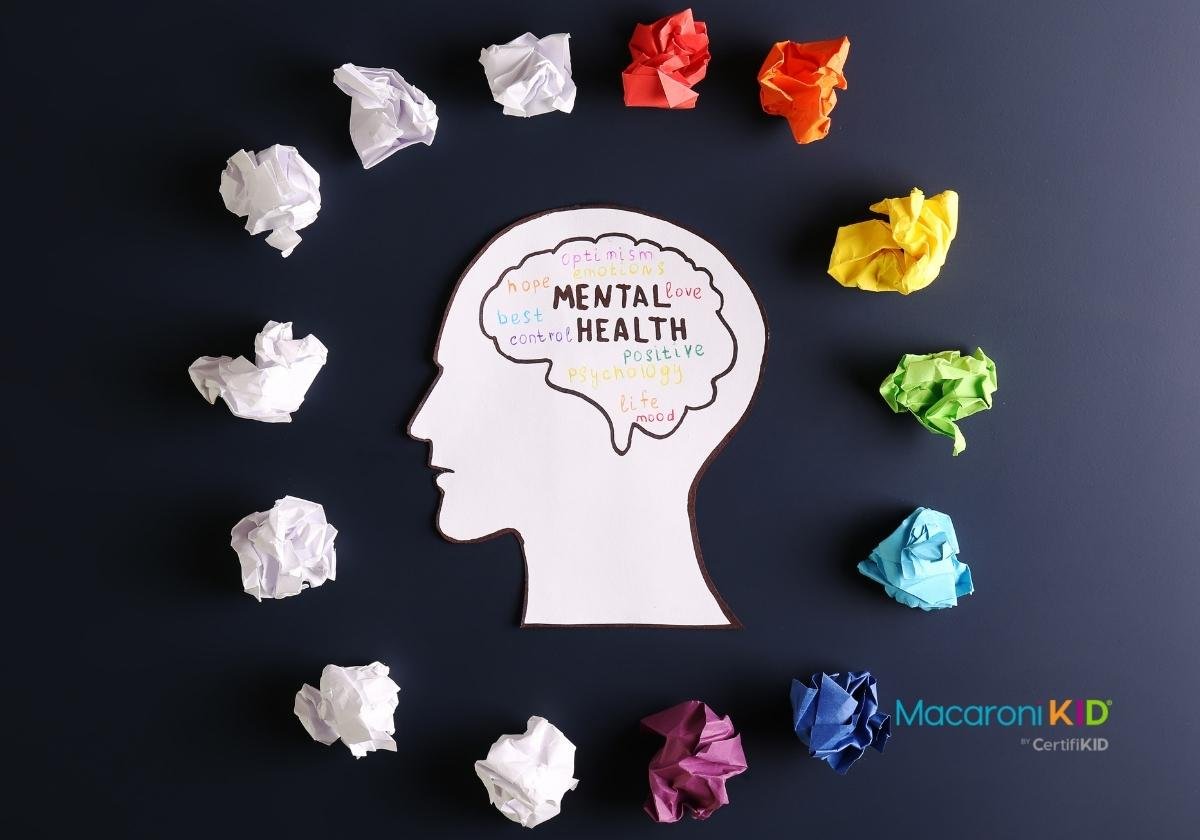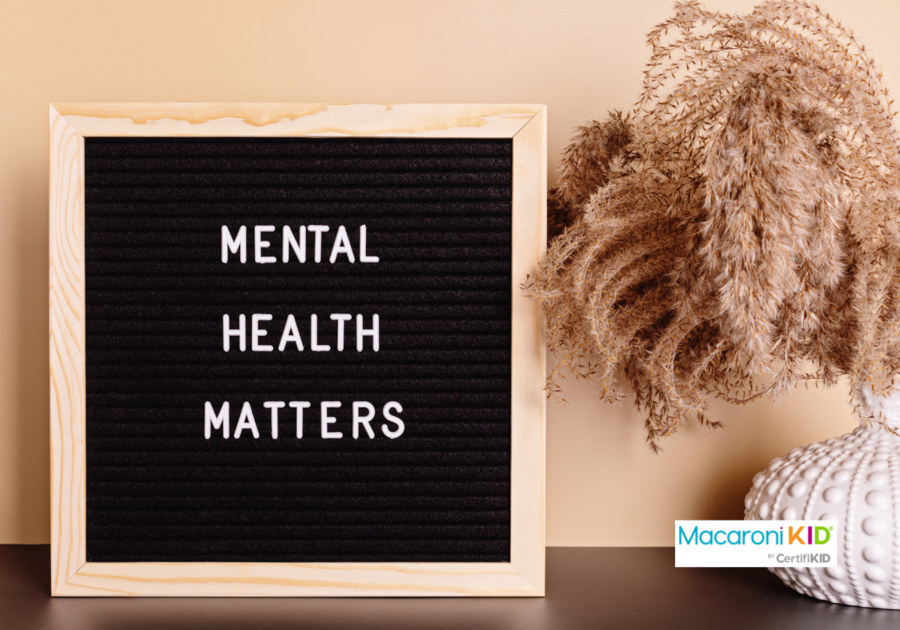Parenting is already a challenging task, but when you add a mental illness to the mix, it can become even more overwhelming. As someone who has been diagnosed with bipolar depression, ADHD and anxiety, I know firsthand how difficult this can be.
Mental illnesses can affect different people in different ways. For some parents, they may struggle with daily tasks such as waking up early or maintaining a routine for their children while others may find it taxing to keep up with their child's emotional needs. It is important to acknowledge that every parent's experience will differ based on their condition and the severity of its symptoms.
Additionally, parenting with a mental illness often comes with feelings of guilt and shame. Parents may worry about passing down their condition to their children or feel inadequate as caregivers due to their struggles. This stigma surrounding mental health only adds an extra layer of stressors for those navigating both parenthood and mental health issues.
However, it is crucial for parents living with these conditions to remember that seeking help does not make them weak; in fact, reaching out for support takes strength and courage. Whether it be therapy sessions or medication management from healthcare professionals - there are resources available to aid in managing symptoms so that parents can continue providing the best care possible for their children.
Although parenting while coping with a mental illness presents unique challenges - it does not mean one cannot thrive as both a parent and an individual managing mental health conditions simultaneously. With proper treatment methods in place along with self-compassion practices – individuals have the power within themselves to live fulfilling lives while raising healthy happy little ones!

Parenting with a mental illness is challenging enough without the added stigma that often comes along with it. Unfortunately, many people still see mental illness as a weakness or character flaw rather than a medical condition that requires treatment and support.
This stigma can be especially damaging for parents who are already struggling to manage their symptoms while also raising children. It can lead to feelings of guilt, shame, and isolation, which can further exacerbate symptoms of depression and anxiety.
In addition to the emotional toll, stigma around mental illness in parenting can also have practical consequences. For example, some parents may be hesitant to seek professional help for fear of being judged or having their parenting abilities called into question.
Fortunately, there are steps we can take as individuals and society as a whole to combat this stigma. By educating ourselves about mental health issues and speaking out against discrimination when we see it, we can create a more supportive environment for all parents – regardless of whether they live with mental illness or not.

Seeking help for mental illness is an important step in managing and improving one's mental health. However, it can be difficult to take that first step due to the stigma surrounding mental health and seeking professional help. It's important to remember that seeking help does not make you weak or flawed. Mental illness is a medical condition just like any physical illness, and there should be no shame in receiving treatment for it.
There are various resources available for individuals who may need help with their mental health. These include therapy, medication management, support groups, and even online resources such as apps or virtual therapy sessions. When searching for a therapist or other mental health professional, it's important to find someone who is qualified and experienced in treating your specific condition. This can involve doing research on different providers and reading reviews from previous patients.
In addition to seeking professional help, it's also important to have a strong support system of family and friends who understand your struggles with mental illness. They can provide emotional support during difficult times and encourage you to continue taking steps towards healing.
Remember that seeking help for mental illness is a brave decision that shows strength rather than weakness. Don't hesitate to reach out if you feel like you need assistance with your mental health – there are people ready and willing to offer their support.

Parenting with a mental illness can be challenging, but it’s important to remember that you’re not alone. Seeking help and support is crucial for both yourself and your children. Remember to prioritize self-care, find a therapist who understands your unique challenges, and consider joining a support group. It’s also important to address the stigma surrounding mental illness and parenting. By sharing our stories and experiences, we can break down these barriers and create more understanding in our communities.
Remember that having a mental illness does not make you any less of a parent or incapable of providing love and support for your family. With the right resources and mindset, you can successfully navigate parenting while managing your own mental health.
Let this article serve as an encouragement for those struggling with mental illness in their role as parents – there is hope, there is help available, and there are people who understand what you’re going through.



